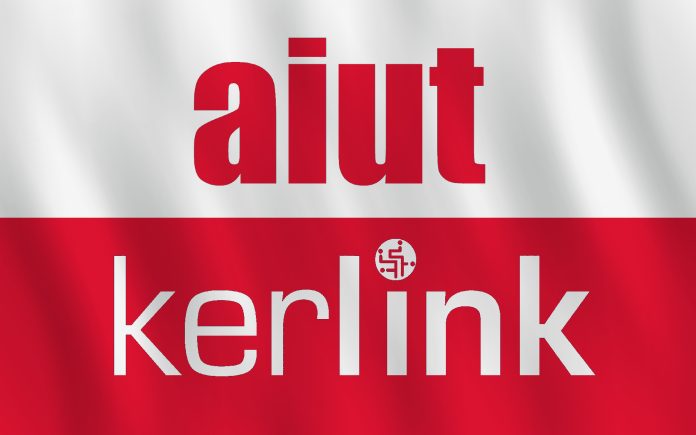Poland-based industrial IoT provider AIUT has deployed a LoRaWAN network for the local water and sewage company in the city of Piekary Śląskie, in Poland, to connect smart water meters. The initial scope is to connect 6,500 IoT devices to water meters in the city, with a view to expand the system to support further smart city applications. It has worked with French IoT firm Kerlink on the project.
Kerlink, providing 15 Wirnet-branded gateways to the system’s central water-control office, called it the “largest” LoRaWAN network in Poland – for monitoring the water network. The city of Piekary Śląskie, in Silesia in southern Poland, has 55,000 residents and covers 40 square kilometres.
The new LoRaWAN network is only geared to water meters; there is no word whether the solution is to be scaled beyond the initial rollout. However, Kerlink suggested the existing LoRaWAN network could be used as a springboard for further smart-city applications.
AIUT said it is providing an “easy-to-use and quick-to-implement” system for remote meter readouts, measurements, and leak detection. Hourly and daily readouts will offer “real-time monitoring” of the municipal water supply network, and reduce operating costs for the water utility, it said. Kerlink claims 120,000-odd LoRaWAN “installations” in 69 countries, in “all primary IoT verticals”.
A statement from Kerlink said: “This is the first implementation of its kind and scale in Poland, covering an entire city and utilizing LoRaWAN technology. The system also opens the way for development of smart-city applications and shows that the inevitable use of IoT technology is the strategic direction for the Polish economy to develop, which has been confirmed by the Polish Ministry of Digitization.”
Artur Gabryś, director of smart city IoT at AIUT, said: “The network in Piekary Śląskie confirms that smart-city systems provide the same benefits to all cities – no matter their size. Water-purchase optimization, incident and leak detection, e-billing and lower service fees are just some of the benefits of implementing such smart solutions.
“It is well known that good ROI in digitization of urban infrastructure will largely depend both on the solutions and technologies available on the market as well as the competence to implement them properly. It is therefore important to choose the right technology partner.”

